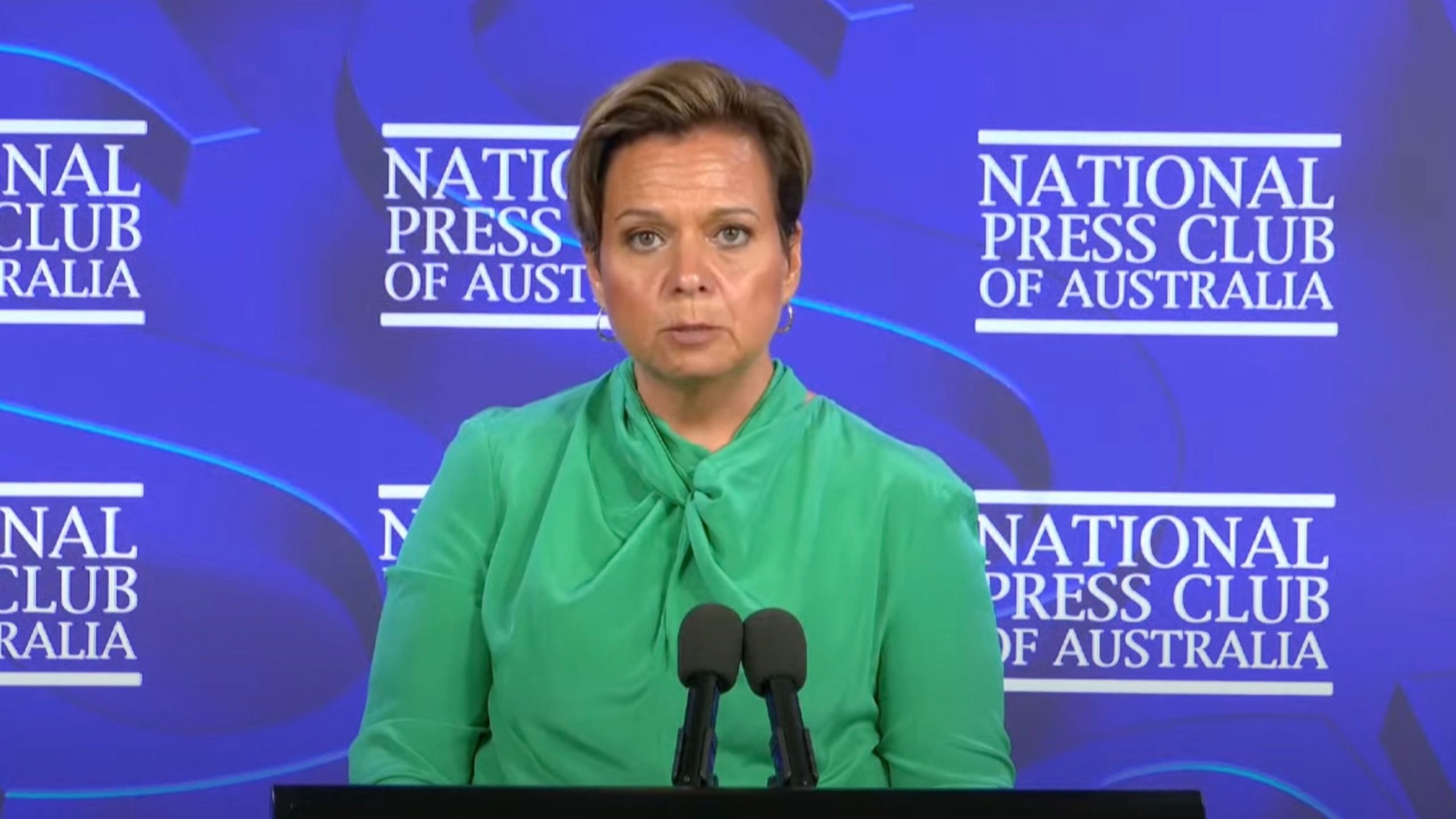Australia’s Federal Communications Minister Michelle Rowland has urged citizens to report content posted on social sites to what’s known as the country’s “chief censor,” the eSafety commissioner.
Appearing on the ABC Radio Sydney Breakfast, Rowland explained to host Craig Reucassel what the current government thinks should be done about “misinformation.”
Often-repeated assertions were heard that there is dangerous misinformation on social media along with exposure to “reactions and rumors” that traumatize users – because, for example, they are able to view breaking news videos “with no censorship.”
(This last bit is what rubs Reucassel the wrong way, and it has to do with the recent Sydney stabbing attacks that he would evidently like “nicely packaged” first, in that way controlling how the public learns about an event and reacts to it.)
And so, clearly, both the minister and the host agree that the government should step in (even more) and intervene, the only question is, how?
One of the ideas is to make the existing voluntary Code of Practice on Disinformation and Misinformation (which contains a series of measures Big Tech platforms have agreed to take to tackle so-called misinformation and disinformation) mandatory — a proposal that would likely expand the amount of content that’s removed after being flagged as misinformation or disinformation.
In the meantime, since according to the minister, platforms aren’t “doing enough,” she encouraged citizens to report content to the eSafety commissioner, turning themselves into some sort of “government censorship helpers.”
Reucassel exhibited quite the zeal for censorship, remarking during the conversation that ABC Radio Sydney Breakfast flagged content on TikTok (also related to one of the Sydney stabbings), but accused the platform of not removing it.
The host revealed that the media outlet told TikTok, “We’re taking down all this footage that’s happened in the Wakeley stabbing, we’re trying to regulate that kind of stuff.”
But apparently this effort, joined by the eSafety commissioner, did not produce results – or as Reucassel said, social platforms are not sufficiently “proactive.”
Even if videos have a sensitive content warning and people have to click and choose to still watch it – Rowland doesn’t think that’s “enough.”
Rowland agreed.
“They need to do more. Keeping Australians safe online, protecting particularly children and vulnerable people from being exposed to this content is a collective responsibility.”
And that’s when listeners got “encouraged” to report content to eSafety.
Note: This article was updated on April 20, 2024 to clarify details and comments about Australia’s Code of Practice on Disinformation and Misinformation.










